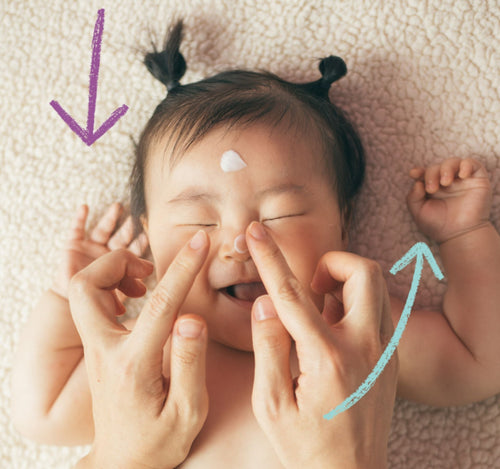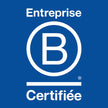
The study of babies' skin, since our birth
For 70 years, our research teams have developed a unique, world-renowned knowledge of the physiology of babies' skin, from birth.
The different skin types
Normal skin

Normal skin: this is the famous “baby skin” that we often refer to: it is supple, soft and comfortable. And yet… it is permeable to external agents (pollution, bacteria, pollen) and is constantly dehydrated. During these first two years, it is necessary to moisturize and protect it daily.
Dry skin

Normal skin: this is the famous “baby skin” that we often refer to: it is supple, soft and comfortable. And yet… it is permeable to external agents (pollution, bacteria, pollen) and is constantly dehydrated. During these first two years, it is necessary to moisturize and protect it daily.
Atopic-prone skin

Now affecting 1 in 5 children, atopic dermatitis is a chronic, non-contagious inflammatory skin disease that forms itchy red patches on clearly defined areas of the body and face.
These chronic flare-ups differentiate atopic-prone skin from other skin types and affect the quality of life and sleep of children and their parents.
Good news: the symptoms of this disease can be controlled (reduction in the intensity and frequency of attacks) by adopting appropriate behavior and care. And it diminishes with age.
Mustela has published 59 international scientific publications on the skin and filed 14 patents.

An innovative research methodology on reconstructed skin
As a house specialty, we have reconstructed models of baby skin of various ages, patented under the name Stelaskin®.
Thanks to this innovation, we can study different skin types in depth, better understand the impact of certain skin aggressions and evaluate and test our future products on these reconstituted skin models.









